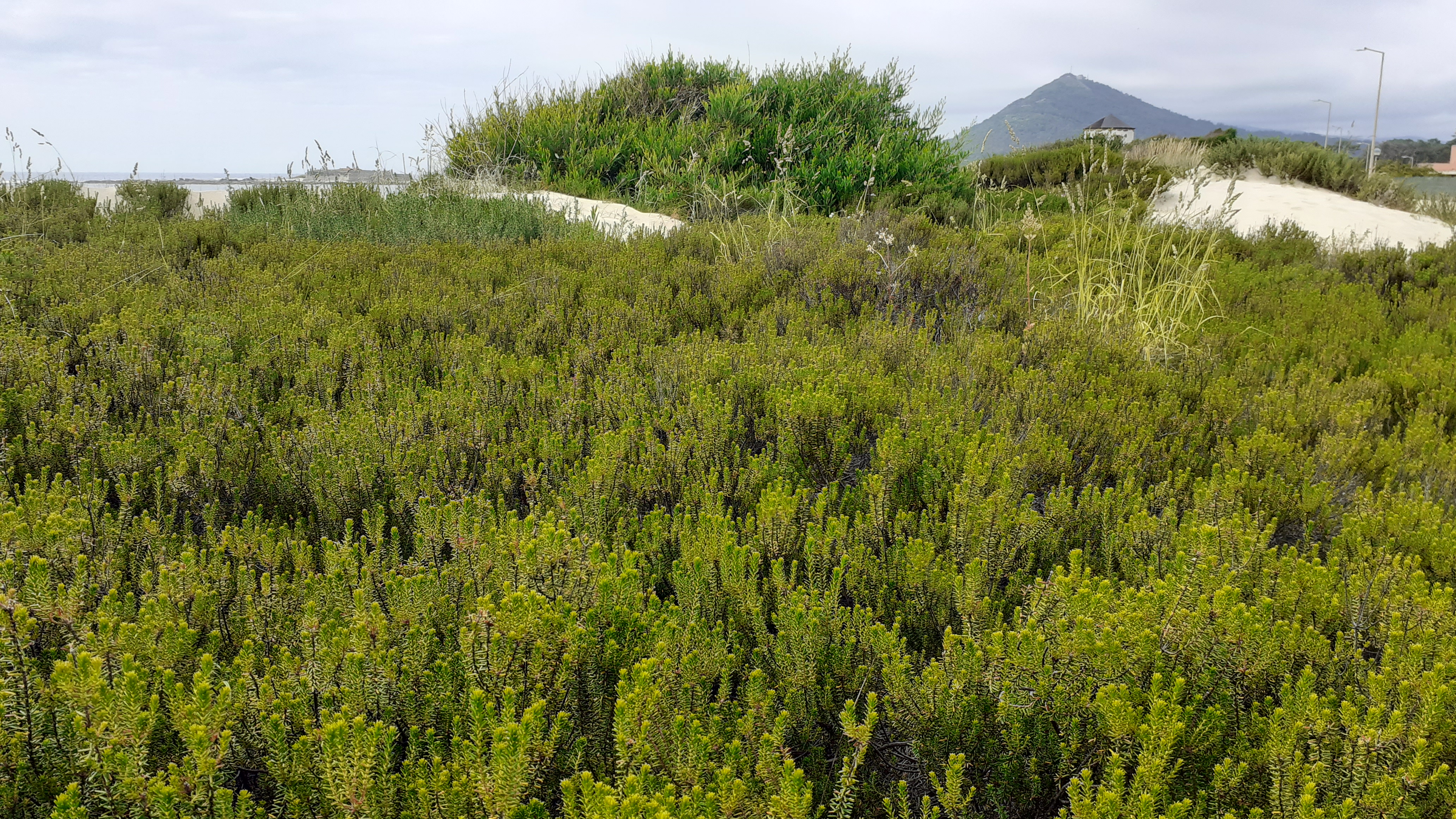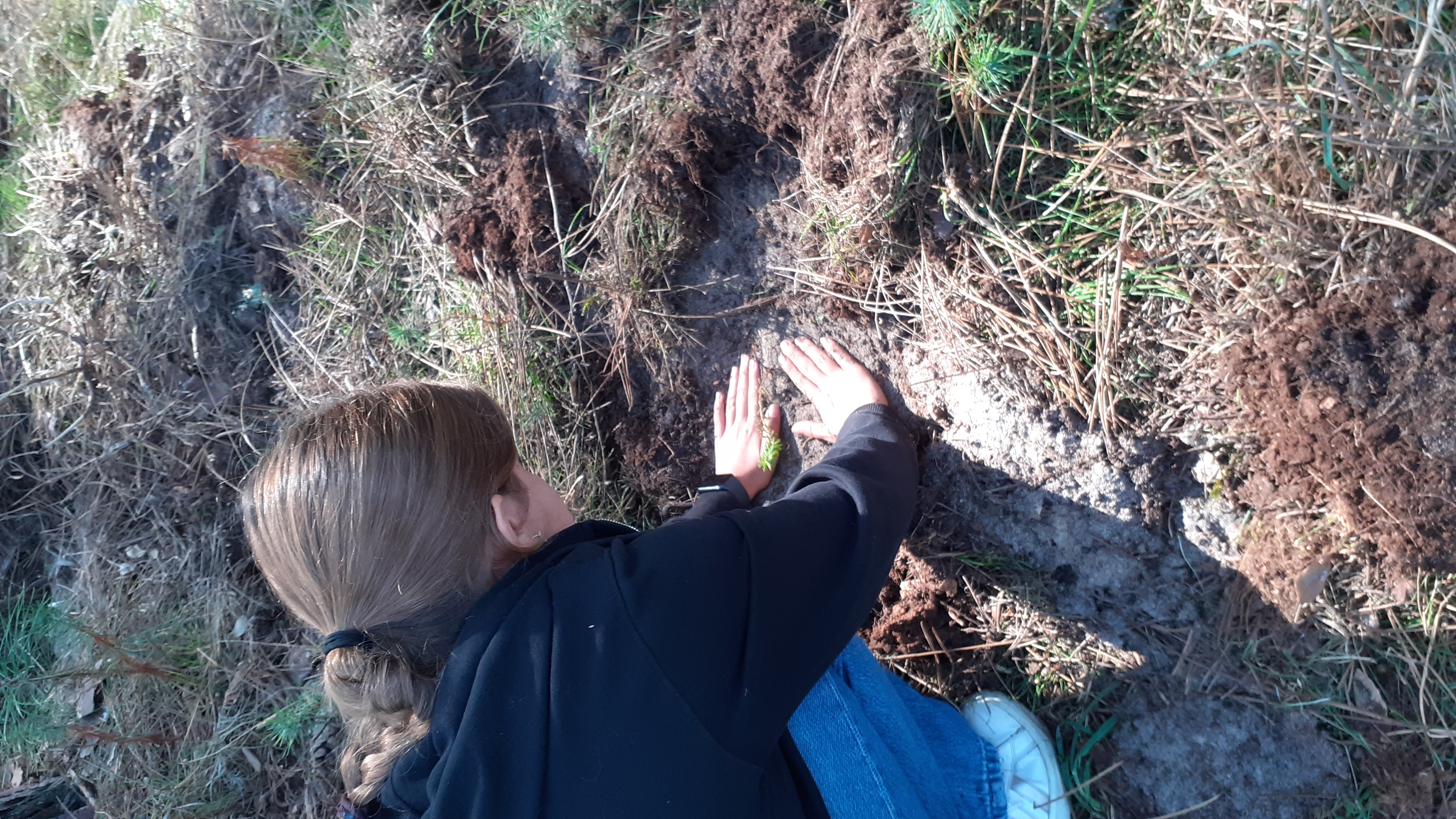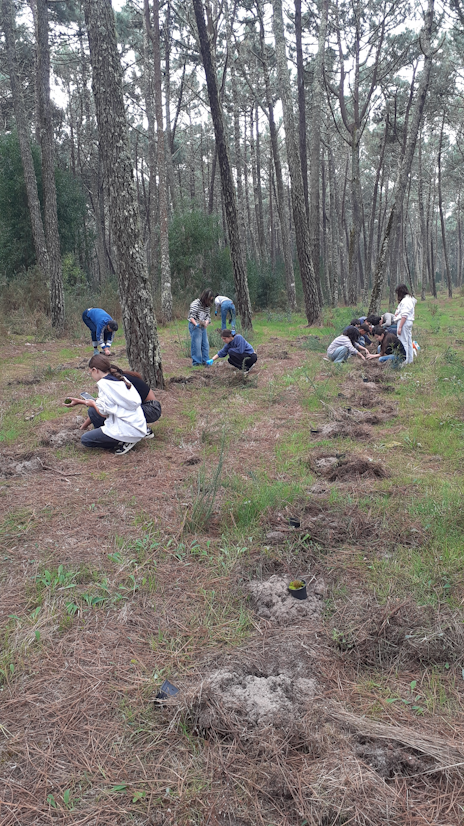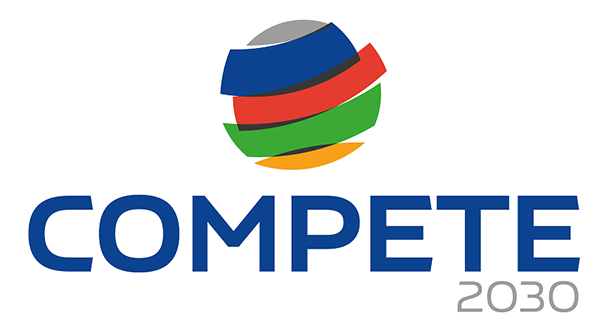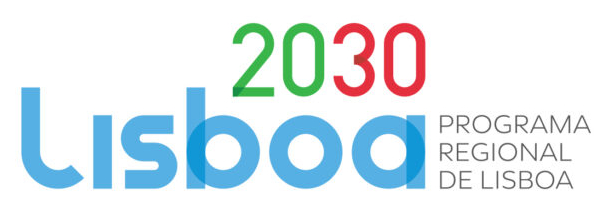Uma iniciativa do Projeto Emc2 integra um conjunto de ações desenvolvidas por todo o mundo na edição de 2025 do Dia Mundial da Educação Ambiental da Rede WEEC (World Environmental Education Congress). Esta edição decorreu em outubro deste ano e visa destacar a importância da educação ambiental para capacitar os jovens e cidadãos a agir em prol do ambiente e da conservação da natureza e biodiversidade. Em Portugal decorreu uma iniciativa do Projeto educativo Emc2 ‘Explorar Matos de Camarinha da Costa’, coordenado pela Investigadora Alexandra Abreu Lima (MARE & INIAV, I.P.) que envolveu cerca de 100 alunos e seus Professores da Escola Básica e Secundária de Caminha, e cerca de 30 escuteiros do Agrupamento de Seixas. A iniciativa decorreu na Mata do Camarido e consistiu na plantação de camarinheiras, um arbusto cujas plantas femininas dão as camarinhas, pequenos frutos comestíveis de cor branca. Esta plantação visa evitar a extirpação desta população que estava em declínio e é realizada em parceria com a Associação COREMA, segundo a metodologia de propagação por estacaria testada em 2018 pela equipa do Investigador Pedro Oliveira (INIAV, I.P.). A mais recente propagação de estacaria teve o apoio do Viveiro Raíz da Terra e a plantação contou com o apoio do Projeto Emc2, da Associação COREMA, do ICNF, da Comunidade Escolar de Caminha, do Município de Caminha, da União de Freguesias de Moledo e Cristelo e dos Escuteiros de Seixas.
O Projeto Emc2 é financiado pela FCT - Fundação para a Ciência e a Tecnologia, I.P., através de: UID/04292/MARE-Centro de Ciências do Mar e do Ambiente e LA/P/0069/2020 (https://doi.org/10.54499/LA/P/0069/2020) atribuído ao Laboratório Associado ARNET - Aquatic Research Network).
O Relatório da edição de 2025 do Dia Mundial da Educação Ambiental da Rede WEEC pode ser consultado aqui https://weecnetwork.org/wn/wp-content/uploads/2025/11/Report-2025-1.pdf
EN – Ingles
Emc2 Project joined the 2025 edition of the World Environmental Education Day of the WEEC Network (World Environmental Education Congress)
An initiative of the Emc2 Project integrates a set of actions developed around the world in the 2025 edition of the World Environmental Education Day of the WEEC Network (World Environmental Education Congress). This edition took place in October 2025 and aims to highlight the importance of environmental education to empower young people and citizens to develop beneficial actions for the environment and the conservation of nature and biodiversity. In Portugal, an initiative of the Emc2 educational project 'Exploring white crowberry coastal habitats’ took place, coordinated by Researcher Alexandra Abreu Lima (MARE & INIAV, I.P.) which involved around 100 students and their teachers from the Basic and Secondary School of Caminha, and around 30 scouts from the Scouts Seixas Group. The initiative took place in Mata do Camarido and consisted of planting white crowberry plants, a shrub whose female plants bear small edible white fruits. This planting aims to prevent this declining population extirpation, and it was carried out in partnership with COREMA Association, according to the propagation methodology by stem cuttings, tested in 2018, by the team of Researcher Pedro Oliveira (INIAV, I.P., Oeiras). The most recent stem cuttings propagation occurred at Raíz da Terra Plant Nursery (Caminha), and the planting process was a collaborative work between Emc2 Project, the Association COREMA, ICNF, the Caminha School Community, the Municipality of Caminha, the Union of Parishes of Moledo and Cristelo, and the Seixas Scouts.
The Emc2 Project is funded by FCT – Fundação para a Ciência e Tecnologia I.P., through: UID/04292/MARE-Center for Marine and Environmental Sciences and LA/P/0069/2020 (https://doi.org/10.54499/LA/P/0069/2020) assigned to the Associated Laboratory ARNET - Aquatic Research Network).
The Report of the 2025 edition of World Environmental Education Day of the WEEC Network can be consulted here https://weecnetwork.org/wn/wp-content/uploads/2025/11/Report-2025-1.pdf


